In honor of Black History Month, ELCA Racial Justice Ministries will be elevating the voices of our African Descent peers and reposting their works from others sources around the ELCA. The following article is cross-posted from Living Lutheran online. The original post can be found here.
My take: Still Black. Still Lutheran
By Nicolette Peñaranda |February 3, 2025
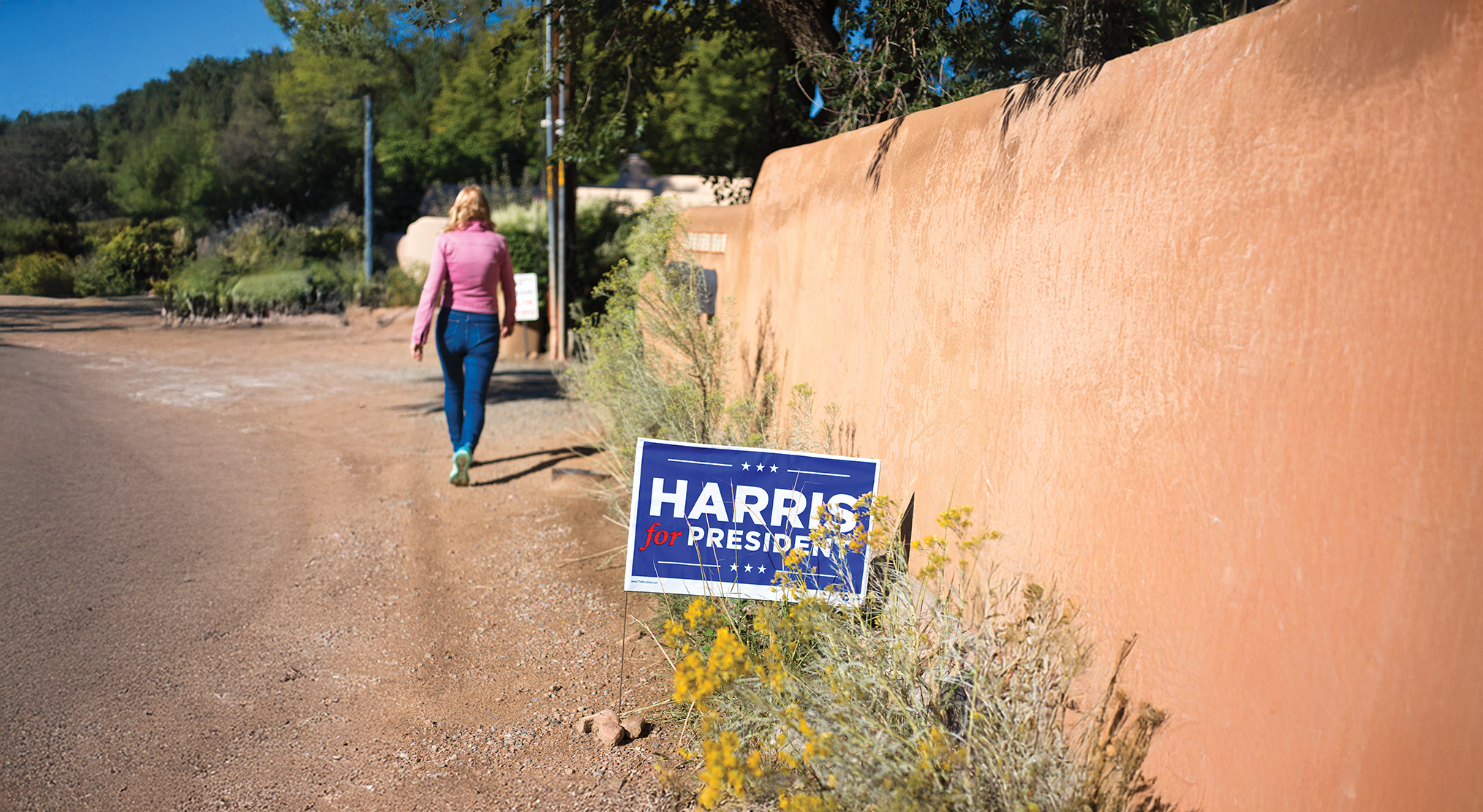
It wasn’t long ago that Gov. Tim Walz was first announced as the Democratic nominee for U.S. vice president, alongside presidential candidate Kamala Harris. Moments after Harris declared her running mate, posts about Walz being a Lutheran began to pop up across social media.
“One of us!” I remember cheering as I sat on the couch in the faculty lodge of Pinecrest Lutheran Leadership Ministries. This ticket would be one of those rare moments when my identity would be fully displayed to the American people. A powerful, competent, multiethnic Black woman and a Midwest Lutheran represented the Democratic Party for the highest offices. What a rare and divine moment!
I know I wasn’t alone in this sentiment. One of my colleagues is, like Harris, a Black woman from Northern California who attended a Historically Black College and University (HBCU), pledged to a Black sorority and has had to work twice as hard as her white counterparts to get where she is today. Her story is my story. Our story is the story of thousands of other Black women in this church.
Many of us in ministry are aware that the odds are stacked against us. We intern in ministerial contexts that counter our lived experiences. Some of us complete second master’s degrees while waiting for a call or a work opportunity. If we attend a Lutheran seminary, we spend most of our education completing coursework while acting as racial justice translators in the classroom, fielding questions about our blackness and Lutheran identity.
Our nonclergy sisters do the same in their contexts. Black women in medicine must explain that they are the doctor and not the social worker. Black women in education must teach their 22-year-old counterparts from Teach for America about trauma-informed approaches to learning. Because of the additional work we are tasked with while working or completing our education, we are experts in both the content and in navigating white mediocrity, the truth that many professional settings are skewed in favor of white Americans.
This story is not about who won the presidential election nor about political parties. Rather, it’s about holding in tension the struggle that Black women face in the professional world. Regardless of our qualifications and professional experience, we aren’t considered for leadership positions, a situation not exclusive to the secular world.
An abusive relationship
I bring up Walz, a lifelong Lutheran who said yes to supporting a Black woman for president. Walz accepting the vice presidential nomination was more countercultural to most ELCA congregations than we realize. For over a decade, Black women candidates for ministry have waited three to five years for their first call. This means that if they were fortunate enough to interview at even four congregations a year, 1 out of every 12 to 20 congregations affirms a Black woman’s call to word and sacrament ministry. After nearly 40 years of Black women being ordained in the ELCA, only three have been elected as a synod bishop.
Since the inception of the ELCA, only two Black women have served as executive director for a home area. One of them saw her position eliminated, and the other works in People Solutions, which is mostly a human resources team. Wyvetta Bullock, an ELCA pastor, has held one of the highest offices in the ELCA as the executive for administration, but no ELCA seminary, college or university has had a Black woman as president. In 2022 at least four Black women were forced out of their ELCA congregations within two months.
The sobering truth is that Black women have been in an abusive relationship with the ELCA for a long time. Perhaps that is why the Walz announcement for the Harris ticket felt so special. Maybe this would start a trend in our denomination.
The reality is that Harris did not win the presidency. It didn’t matter that she was only the second presidential candidate ever to have worked inside all three branches of government. It didn’t matter that she had clear and concise policy proposals or that some of her positions even aligned with the Republican Party. She lost support in most demographics except the Black community and millennials. It’s challenging to find hope for ministry in a church with the same demographics as those who didn’t see one of the people most qualified for office as fit to serve.
What does this mean?
What, then, does this mean for those of us asked to educate the masses within the ELCA? At what point do we just become a broken record for racial justice to ears that refuse to hear it? When is it appropriate to call the time of death for these DEI (diversity, equity and inclusion) workshops and cultural competency talks?
I’m not quite sure how we move forward to pay homage to Black leaders in our church when we refuse to address the elephant in the room. Some leaders still don’t think we should be in the pulpit nor the Oval Office. For years we have documented, celebrated and named the historic contributions Black leaders have offered our church, and still we have not seen our white counterparts build a base of people to support our ministry and advocate for equitable work opportunities.
So, rather than provide more resources and community discussions, I hope congregations will watch all three seasons of “Talks at the Desk” this Black History Month. Use the discussion guides and pledge to make a special offering all month for the African Descent Lutheran Association or the 66th Synod Reparations Fund. But until we start using the resources we already have and apply change, then we will never be free.
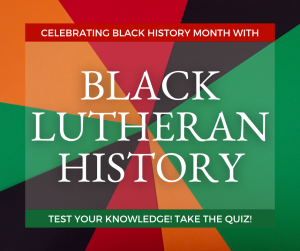



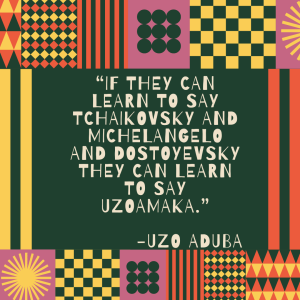
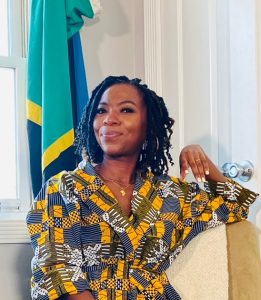
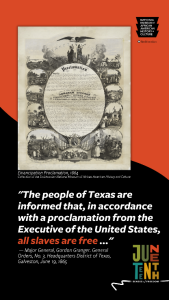
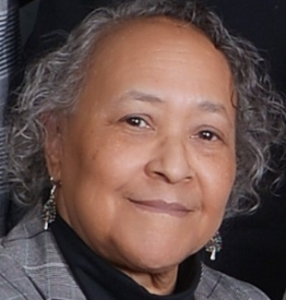 Dianne R. Browne, Ph.D., CFLE, CSE, Chair, ELCA New Jersey Synod Anti-Racism Team
Dianne R. Browne, Ph.D., CFLE, CSE, Chair, ELCA New Jersey Synod Anti-Racism Team